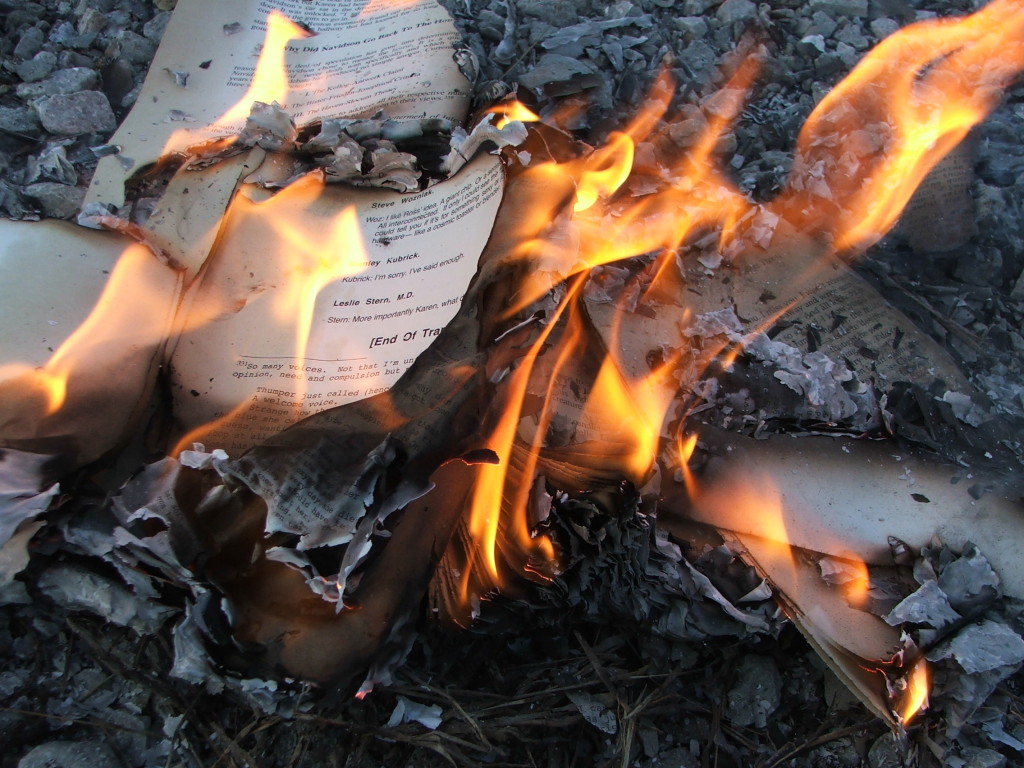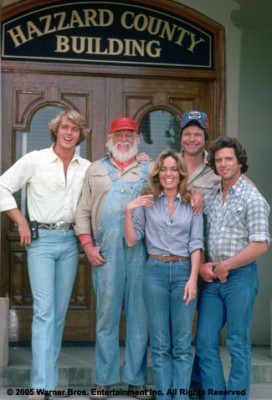
It’s getting hard to write dystopian fiction these days.
Reality is reaching the point where some novels that paint a dystopian future feel more like literary fiction than science fiction. As of late, it seems that the powers that be aren’t even trying to hide what they’re doing anymore… and the scariest part is people who notice or care appear to be the vocal minority.
In Heir Ascendant, which I wrote about a year ago, the primary antagonist helms a pharmaceutical company which has established itself as the power over a section of the eastern seaboard in the wake of WWIII. They are reviled for charging ridiculous sums for a drug that is the only known cure for a mysterious illness known as Fade. A drug that costs them about 47 cents a dose to make, but they charge $200 a dose.
I thought this was a pretty harsh dystopian idea… until that Shkreli guy came along and did this in the real world… with an even bigger markup that made the fictional dystopia feel tame by comparison.
We now live in a country where someone who has a low-end job that fails to provide health insurance is now obligated to pay a fine they cannot afford because they do not have health insurance they cannot afford. Insurance satirizes itself―name another “product” that people won’t sell to someone based purely on that the person needs it. Oh, you’re sick? Sorry, we won’t cover you. In the case of automobile insurance – it can sometimes cost as much as a car payment in and of itself, and if you ever—heaven forbid—use it, the cost increases.
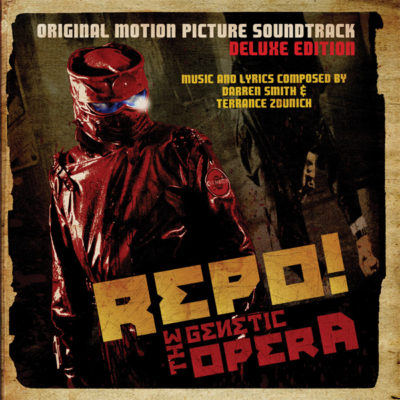
A while back a story came out – Repo, the Genetic Opera, where the main character is a repo man who repossesses organs that people failed to make payments on. (Normally, I’m not a huge fan of musicals, but this soundtrack is catchy.) Such a gruesome practice doesn’t feel quite so far removed from the realm of possibility these days. We are on the verge of being able to grow organs for implantation, yet what will happen to people who can’t afford it? Will the medical ethicists allow them to die?
I co-wrote The Dysfunctional Conspiracy with Chris Veltmann in which there’s a situation with insurance that feels like it came out of a black comedy. On the surface, it looks like an insurance company man is best buds with a US attorney, and in order to avoid paying out on an insurance policy, they frame an innocent man for federal arson. When this kind of stuff happens in reality, it makes one wonder what exactly readers will accept in a fictional story before they think the author is pushing things too far.
In one of my sci-fi novels, a character buys a black market organ taken from a murder victim because they can’t afford “modern” medical care to have their own tissue regenerated. Another character is faced with death because their liver is failing, and their insurance denies the claim to pay for treatment citing heavy drinking as “self-inflicted injury,” which the policy makes exemption for.
Characters doing extreme things because they cannot afford medical bills is nothing new to fiction, but more and more it feels less like something that would occur in a runaway society controlled by corporate interests and exactly what’s happening in the real world.
Look at the water issue in Flint, toxic spills into rivers that barely make the news, environmental calamities like oil spills, deforestation, flooding caused by damming, and whatnot going on around the world. None of that takes hold in the media like who some celebrity decided to date this week or which one of society’s overly delicate sensibilities have been bopped on the nose.

The more you look at what takes prominence in the media, the more it already feels like the corporations already have created the dystopian worlds envisioned in stories like Fahrenheit 451, Blade Runner, Starship Troopers, and so on – we’re just missing the androids. (Though they appear to be coming along.)
Numerous dystopian settings have people (or a single person) in who have obtained power in nefarious ways, either via assassination, bribes, information manipulation and or pulling strings from the shadows. Some fictional ‘villain leaders’ laugh at the populous under their thumbs as they take power with a ‘what are you gonna do about it?’ attitude. That sort of situation doesn’t feel so fictional anymore. Sounds a lot like what’s going on in real life.
There’s got to be something wrong going on when a writer can have an idle thought like: “Hmm. What if Trump is such an atrocious candidate for president because the shadowy organization that has decided Hillary will take office put him there on purpose to give the people an option so horrendous that she seems like a good idea by comparison? It’s like: “Do you want to die by being shot in the forehead, or we can feed you into a wood chipper toes first at one centimeter per minute.” Either way, we’re screwed… but one won’t hurt as much.
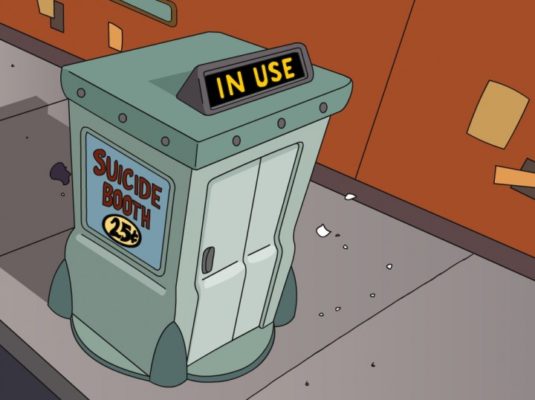
Never in our history have both candidates for president been so thoroughly disliked by so many people. For as long as I can remember, I’ve always heard people describe politicians as choosing the lesser of two evils—and this is about the truest that’s ever been.
One last note.
I know the entire internet is loaded with the Orlando tragedy now, so I’ll be brief. Once again, a horrible event has set the pro-gun and anti-gun people at each other’s throats. While they shout and scream at each other, the truth of what happened fades into the background and all we’re left with is some redneck in a flannel hat waving a rifle at someone in a chartreuse pantsuit waving pictures of children, both of them red in the face and shouting at the top of their lungs.
If the attacker had used a bomb instead of a firearm, would people be addressing the issues of bigotry against gay people instead? Would they possibly gasp talk about where this hatred comes from, the belief systems that allow people to rationalize how everyone who doesn’t espouse the same religi-rhetoric is less than human and not deserving of all that “peace, love, and forgiveness” that they claim to believe in but only show to a narrow group of people with the same opinions as them? Gun violence is an issue, yes, but both sides of that argument are springboarding off yet another senseless tragedy to flog their agendas and ignoring or minimizing what caused it to begin with.
The existence of guns did not make the attacker kill. (Sure, they made it a lot easier for him to do so) – but it’s not like the attacker woke up one day, saw a gun and thought ,“Hmm. A rifle. I think I’ll go shoot up a bunch of random people because it’s fun to shoot.” No, this person had a specific target, a specific agenda, and a specific message he wanted to send. The underlying problem is bigotry and hate, and the mechanisms that foment and encourage people to think of other human beings as deserving of death because they don’t follow the tenets of someone else’s belief system.
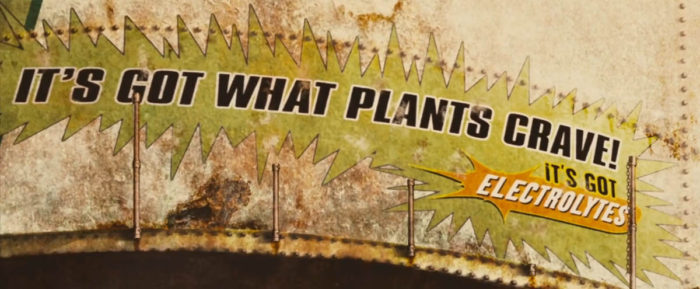
Anyway… I don’t know where we are going to wind up after this election, but the way it’s looking, we’re either heading for Equilibrium (Hillary) or Idiocracy [best case] / Mad Max [worst case] (Trump). No matter which way the election turns out, it looks like novelists are going to need to reach into the ridiculous to make a fictional future society seem more dystopian than the real world.

